I’ve always had an interest in helping those less fortunate than me and with my healthcare experience and exposure I thought I could meld the two to effect a positive impact. I’ve lived in a third world country and am intimately aware of economic trials of people struggling to exist. I’ve lived in developed countries and also seen marginalization of people from different ethnic, cultural, racial backgrounds struggle to exist. It is apparent that in many instances the need to struggle to exist is not solely dependent on where you come from or your country of origin. Within countries of those who struggle there is often clear economic inequality as living very close to these struggling people are others of wealth and means.
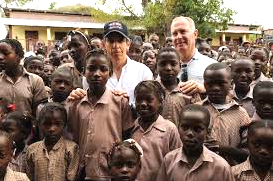
I chose to get involved in medical missions and volunteer my services locally and abroad.
I thought being involved in large organizations would allow me to experience life through other people’s experiences and share my knowledge to enhance someone else’s life.
I soon realized much of what I thought would or should occur in fact does not.
In getting involved and traveling to various countries I soon realized that the needs and objectives of those organizing some of these trips were influenced and focused more on desires to meet and check the boxes of perceived social obligations in order to satisfy some organizational economic or financial need.
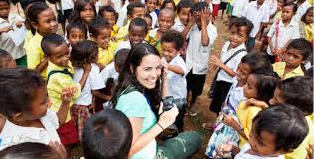
There was a lack of understanding and appreciation of the communities and the cultures in which volunteers served, there was a lack of attempt to assimilate with the cultures. Many individuals in these communities, countries or cultures were viewed as exotic or interesting and so pictures were taken as a photo opportunity.
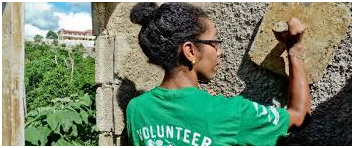
Of course services were provided whether it was in health care or construction or whatever else but there was limited concern as to whether these met the need of the community or what would occur once the volunteers boarded a plane and left the country. Did the medical building that was established utilize the human resources within the country or did the volunteers build it all themselves? Was land used that could have been used for farming or cultivating? There are so many questions most never considered.
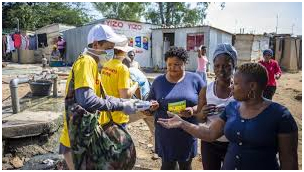
Whatever became of the person with whom you took a picture that now is prominently displayed on your social media or other platforms indicating your altruistic attempts at giving back? Did I offer some assistance, or provide for the ‘model(s)’ in the pictures? Did I have a conversation with them or ask them how life is in their world? Did I ask them if they go to school? How far is school away? Did I ask them how they make a living? Did I enrich their lives and make a difference for the long term? Did you really care or was it the opportunity for a photo up because of your need to stand out amongst your social circle at home for ‘likes’? Wouldn’t it be better to take pictures of ‘doing’ and interacting and not just for photo opportunities?
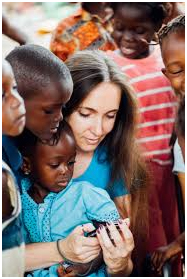
So, I became disillusioned and decided this was not the means by which I could volunteer and offer my services to the best of my ability. So, I began the search for more meaningful ways to share, enhance and collaborate within communities, with other cultures and with other people. It is important that not only do I enlighten myself and enjoy the experience but more importantly it is through meaningful selfless interaction, appreciation, understanding and giving that mutual benefit can realistically be achieved.
I am reminded of a quote by Anne Frank, “No one ever became poor by giving” and Albert Einstein’s comment “It is every man’s obligation to put back into the world at least the equivalent of what he takes out of it”.
So, from being disillusioned I am now enlightened and excited to be able to impact people’s lives in meaningful ways for them and in a way that will be sustainable after I have left their location.
From what I have learned, I implore others in the search for volunteer opportunities to ensure that you are giving more than you take.



